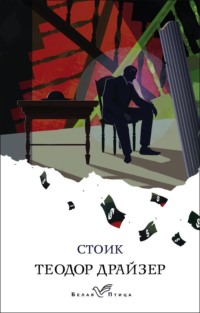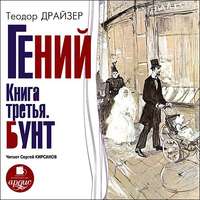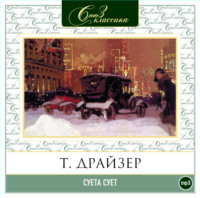Titan / Титан. Книга для чтения на английском языке

Полная версия
Titan / Титан. Книга для чтения на английском языке
Жанр: зарубежная классикалитература 20 векаизучение языкованглийский языклексический материалтекстовый материаламериканская классиказнания и навыкикниги для чтения на английском языке
Язык: Английский
Год издания: 1814
Добавлена:
Настройки чтения
Размер шрифта
Высота строк
Поля
Конец ознакомительного фрагмента
Купить и скачать всю книгу










